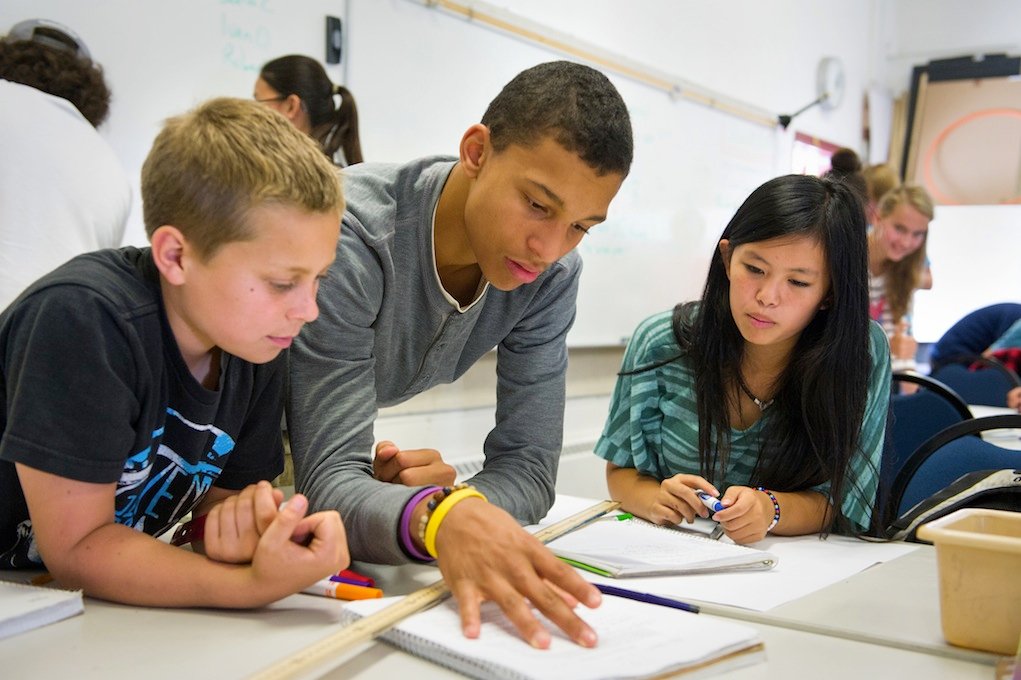
I got my PSAT scores… now what?
This week, most sophomores and juniors have recevied their PSAT results. We promise, even if you are disappointed by the score, there is no reason to freak out just yet!
Before we get into it, please check out this blog that generally explains how you should interpret your PSAT scores.
Although the PSAT won’t impact the majority of students applying to college directly, it does offer a golden opportunity to craft an effective academic and test prep plan. A score is more than high or low, good or bad: it’s important to use your score to help inform the decisions you make when it comes time to prep.
For us, there are two important ways we use PSAT scores. First, we can use the breakdown of each section to evaluate your strengths and weaknesses. This can let us know if you are better suited for the SAT or ACT. You can check out this blog that explains some of the differences between the two tests and which kind of student succeeds on which test.
Secondly, and perhaps more importantly, your performance may indicate something deeper. The PSAT’s are a wakeup call around students foundational reading, math and grammar abilities. Every year, parents call us with similar concerns: their child’s PSAT score does not match their grades or expectations. It’s not uncommon that a student receives straight A’s at school and also receives a less-than-impressive PSAT score.
To this, we recommend our Tutorial program. Inspired by the elite, integrated programs at Oxford and Cambridge, The Tutorial is a 1-on-1 program for ambitious 8th-10th graders with high hopes for college. In The Tutorial, our savant tutors meet weekly with students to help them integrate skills and concepts needed to excel in high school and beyond like: study skills and time management strategies, customized learner behavior changes, and critical reading, math and grammar skill development.
School today is failing our kids.
Instead of integrating knowledge, students cram for a test and then immediately forget the material. The result is low PSAT scores, insecure kids, and worried parents. It doesn’t have to be this way. Our ambitious Tutorial students are asked over 100 critical thinking questions every session. Here, they actually integrate knowledge and skills for mastery learning. A semester of The Tutorial with a savant tutor who deeply knows and accepts you can fundamentally transform your academic trajectory for good.
Included in The Tutorial:
- Free Learner Personality Assessment & MindPrint Cognitive Assessment
- 1-on-1 Learning Coaching from Savant Tutor
- Reading, Math and Grammar Enrichment
- Holistic Subject Tutoring
- Texting with Tutor
- Yearlong Subscription to SmartyPrep
- Subscription to RoamResearch
Getting feedback from the PSAT’s early means we can holistically address a students weaknesses instead of waiting until it’s too late. Remember, your child has incredible untapped potential lingering just below the surface. We can’t wait to unlock their inner brilliance!
If you are interested in learning more about our transformative Tutorial program, contact us today at [email protected] or call us at 888-702-8801 to schedule your free consultation.



